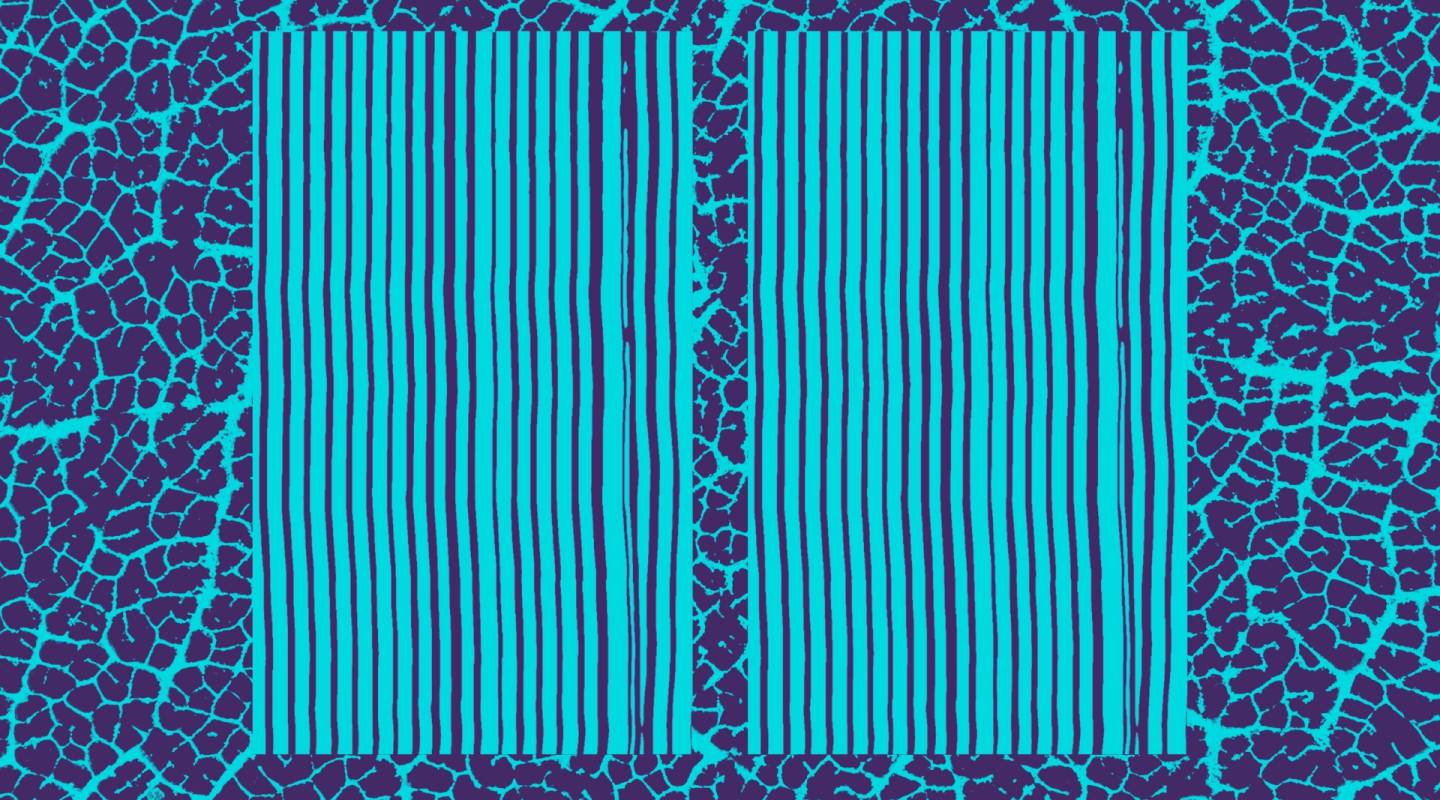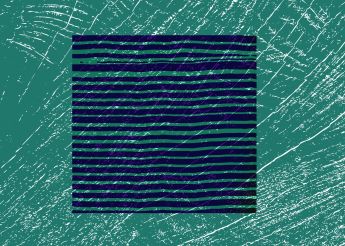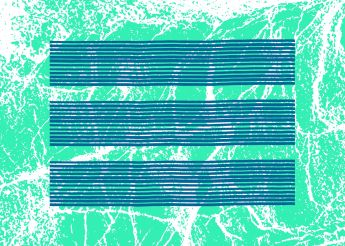Last summer, temperatures reached 48°C outside the prison and over 50°C inside the cells. For six weeks, Sonia wasn’t allowed a shower. She wasn’t permitted to remove any clothing, even at night. No shorts, no t-shirts, not even a vest. She had to remain fully covered, head to toe, day and night. If she wore a nightdress and it shifted while she slept, exposing her legs, guards would wake her and tell her to cover up. The harassment never stopped. In the unbearable heat, all the food would spoil. We offered to donate fridges so the women could store their food—our offer was refused. We brought coolers instead, and they too were turned away.
A very serious incident took place last summer. Sonia’s appeal hearing was scheduled for 20 August. The day before, she warned me: “If I’m not there tomorrow, it means they’ve stopped me from coming. No matter what happens, I will never refuse to attend my trial.” The next day, the prison sent a fax to the court claiming that Sonia had refused to appear.
Her lawyers went to see her but were denied access. For six hours, they pleaded with the court to delay the hearing, insisting that Sonia would never willingly miss the hearing. The hearing was pushed back by a week. When the lawyers were finally allowed to see her, Sonia told them she had been assaulted and raped. When it was time for her to be transferred to court, the prison director arrived at her cell with a guard and ordered her to remove her shoes and wear plastic flip-flops. They told her to put on a long white veil—the kind reserved for women accused of prostitution or moral offences. At first, she refused. They told her that unless she wore it, she would not be allowed to go. So, she agreed. Then they forced her to undergo a strip search.
In Tunisia, strip searches are strictly regulated: women are to keep their underwear on, the search is conducted behind a screen, and there is to be no physical contact. In Sonia’s case, the screen was removed.
The guards forced her to undress completely, to get on all fours, then to lie on her back with her legs apart. She was touched in ways she described as rape. We filed a formal complaint. That moment of complete dehumanisation has left a permanent scar on us all.
Winter at Manouba prison is just as harsh as the summer. The prison is surrounded by open land, overlooking a field. When it rains, all the damp seeps in, dropping the temperature even further. The pipes are over a hundred years old. In winter, the water that comes out is freezing cold. It’s with this water that the women wash themselves—and that Sonia used to wash her clothes when she wasn’t allowed to send them out. The cold was so extreme that she lost all feeling from her fingers to her elbows.
The window in Sonia’s cell is broken and doesn’t close. She and the four other women she shares the cell with asked for it to be repaired. The administration refused, offering only two choices: either seal the window shut, or leave it permanently open.
With five women in a 20-square-metre cell—four of them smokers—sealing the window wasn’t an option. And so, they live with the cold pouring in, even when temperatures drop close to zero. We know this for certain: the soup we bring to Sonia freezes in her cell.
We tried to bring Sonia warm clothes, but the prison authorities forbade it. No hats, no gloves, no hoods, no coats, no cardigans. The only item we were allowed to give her was a sleeveless cardigan—with no hood, no buttons, no zip, no pockets. I brought thermal clothing for her to wear under her clothes, but they were rejected because they were lined. Trousers and shirts were also banned for the same reason. A shirt collar or a trouser pocket, they said, inevitably has a lining—so it’s not allowed.
Anything that might keep her warm is forbidden. I brought a fleece blanket, but they refused to give it to her because it was “too pretty”. Pretty things are not allowed.
In these conditions, Sonia began to suffer from repeated bouts of bronchitis. The restrictions remained unchanged. I filed a formal complaint for torture. Only then did the administration agree to let us bring her a coat and some socks. We bought several pairs so she could wear some on her feet and others on her hands—since gloves are still not permitted. The administration makes every step as difficult as possible.





